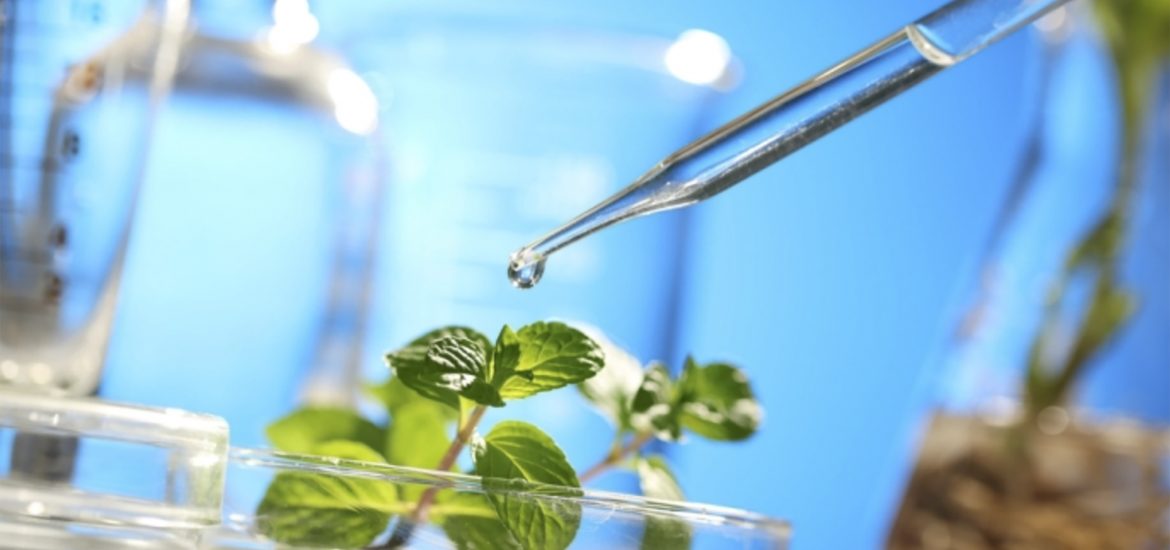DNA. It’s what makes us who we are. Strands of genomic mysteries that tell us whether our hair will be red, or our eyes blue, are kept within DNA.
Our Kimber girl seems to have a double shot of “rock hound” in her DNA passed on to her through her grandmothers Jeanette and Rhonda.
Visitors to our home should be prepared for rock viewing, rock holding, rock gifting and tripping or stubbing toe on rock left behind by one rock loving three-year-old.
Two weeks ago Kimber came into our bedroom and gave me a very disenchanting, nondescript brown rock and said gleefully, “Here mama! This one is for you!”
“Thanks baby but why this rock?”
Kimber turned to me with a look of disbelief and said, “Because it is BEAUTIFUL.”
She turned back around and left the room. I sat down to look at the rock and wonder just how we could/should go about fostering this little optimist that was living under our roof. At this point I think she has more to teach me than I do her.
More and more comes down to the science of using DNA. Take for instance all the bull sales that have been happening these past months. DNA data collection is improving the accuracy of EPD and index information in bull sale catalogs.
If you yourself want to know more about your genetic makeup you can order a test kit from Ancestry.com. Supposedly the company then is able to identify what region of the world your ancestors came from. Think your Norwegian? Think again.
Science is marvelous. We in the agricultural industry know this first hand more than most industries out there I believe. From new advancements in plant science, grassland management, herd health protocols, food safety, GPS run farm equipment and so much more. Like for instance the bovine tuberculosis investigation that has been happening in Harding County, South Dakota. Science unveiled a new strain of bacteria that has only been seen in Central Mexico before. Science has helped test the thousands of cattle that were placed under quarantine so ranchers could be confident their cattle were okay and they could proceed with ranch plans.
That being said, science scares people. Maybe it’s because of the image of a dark laboratory and a mad scientist that the word conjures up, but I find it hard to embrace all scientific findings if it goes against my gut reaction. I am betting there are lots of consumers like me who feel the same – we’re just a little skeptical of the science because our gut intuition feels just a bit off.
I’ve been wondering about this for awhile now. What formula goes into a gut reaction? Is it assumption + knowledge + factors = reaction? And are assumption and knowledge of equal quantity? I bet not.
Then there are those like my daughter who don’t need science or assumptions to validate her thoughts. She knows the rock is beautiful. Case closed. End of story.
– Codi Vallery-Mills

